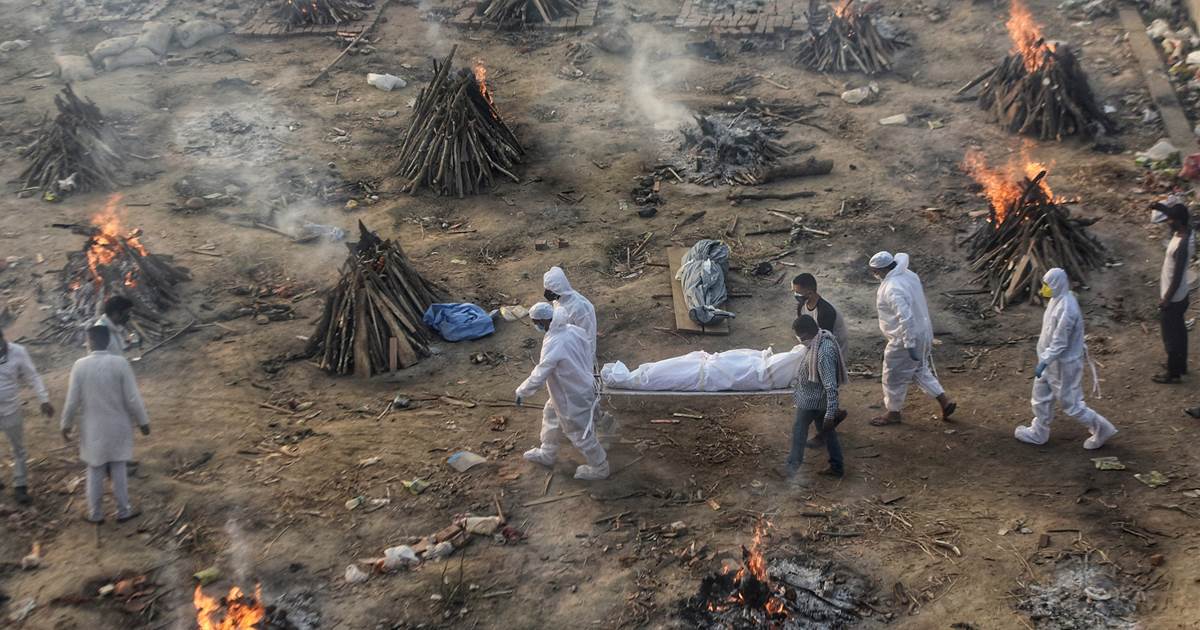
Jyot Jeet has pledged to care for all the dead as if they were his own family, performing traditional if abbreviated funeral rites at a makeshift crematorium in India’s capital.
Sometimes, the devastation overwhelms him. This happened on a recent morning, when he wept alongside a woman as she stood next to the funeral pyre of her husband and their young son.
The father and son had both died of Covid-19.
“It’s a moment that will haunt me forever,” Jeet, 27, told NBC News over the phone from the Seemapuri crematorium, a temporary facility set up to deal with the tsunami of Covid-19 deaths in New Delhi. “People die in front of our eyes every day. These are people who should have been saved.”
Jeet is the chairperson of the Shaheed Bhagat Singh Sewa Dal (SBS Foundation), a Sikh nongovernmental organization that has provided medical services to underprivileged people in the country for more than 25 years. It also offers free cremations for the poor and the homeless.
Lately, Jeet has been volunteering his time to help cremate those who have died from Covid-19. The foundation began these efforts in September, during the peak of the country’s first pandemic wave.
Then, the organization cremated about 10 bodies a day. Now, in the throes of a devastating second wave, it is conducting more than 120 cremations daily, he said.
While there are no official figures to demonstrate how many bodies have been cremated across the country, photos and video of smoldering funeral pyres in India’s makeshift crematoriums have come to symbolize the country’s Covid-19 crisis. Parking lots in New Delhi are now also being converted to accommodate the rising number of bodies.
And it’s not just India’s crematoriums that are overwhelmed. New Delhi’s main Muslim graveyard for victims of Covid-19 is also running out of space, resulting in some Muslims having to cremate their loved ones, Reuters reported.
Nearly 80 percent of India’s population is Hindu, according to the most recent census, about 14 percent Muslim, and just over 2 percent Christian. Hindus are usually cremated, while Muslims and Christians traditionally opt for burials. Other religions, including Sikhism, Jainism and Buddhism, account for about 4 percent of the population and have a variety of funeral rites.
With more than 200,000 officially dead from the virus — many experts say the real number is probably much higher — Covid-19 has upended these ancient end-of-life traditions for many.
The recent surge has brought panic and pain to millions across the nation, as they frantically try to navigate the country’s collapsing health care system. Thousands are taking to social media for help in a bid to secure a vacant hospital bed, a supply of oxygen or the antiviral medication remdesivir. Many, in desperation, are begging doctors to let their loved ones sleep on hospital floors.
Several senior volunteers in his group tested positive during the most recent wave, according to Jeet. He has, as a result, had to rely on other members of the public to help with the cremations.
Download the NBC News app for breaking news and politics
“We are aware of the risk that comes with doing this work,” he said. “Of course we are scared, but it would be a letdown to our nation if we didn’t step up. If we are to die, we will die.”
Dressed in protective gear, volunteers toil in the scorching heat, sometimes up to 20 hours a day, according to Jeet. Together, the team builds funeral pyres, cremates the bodies, and then clears the area to start the process all over again. Team members limit their water breaks, even as temperatures soar to more than 107 degrees Fahrenheit. Most don’t dare remove their masks for fear of getting infected.
“Day in and day out, we are surrounded by the smell of burning flesh, and the sounds of crying families,” Jeet said.
His team has had to forgo the exhaustive rituals Hindus believe release the soul from the cycle of rebirth.
“It’s like a mass killing,” he said.
Indian Prime Minister Narendra Modi is facing rising public anger over his handling of the crisis. He has remained largely silent after allowing religious festivals and election rallies attended by thousands to continue.
Anger mounted in the country Monday, after Modi’s Hindu nationalist Bharatiya Janata Party government ordered Twitter to remove posts critical of its handling of the pandemic.
Meanwhile, some have criticized media coverage of these mass crematoriums for showcasing the “sacred” rites of Hindus.
Despite Jeet and his fellow volunteers’ hard work, bodies are piling up outside the crematorium, some unclaimed.
Still, the foundation tries to give each one “the dignity they deserve,” he said.
“I just want to be able to be with this person for the last time and give them a few moments of peace,” Jeet said. “It’s hard to describe the feeling, but we feel very connected to their souls.”

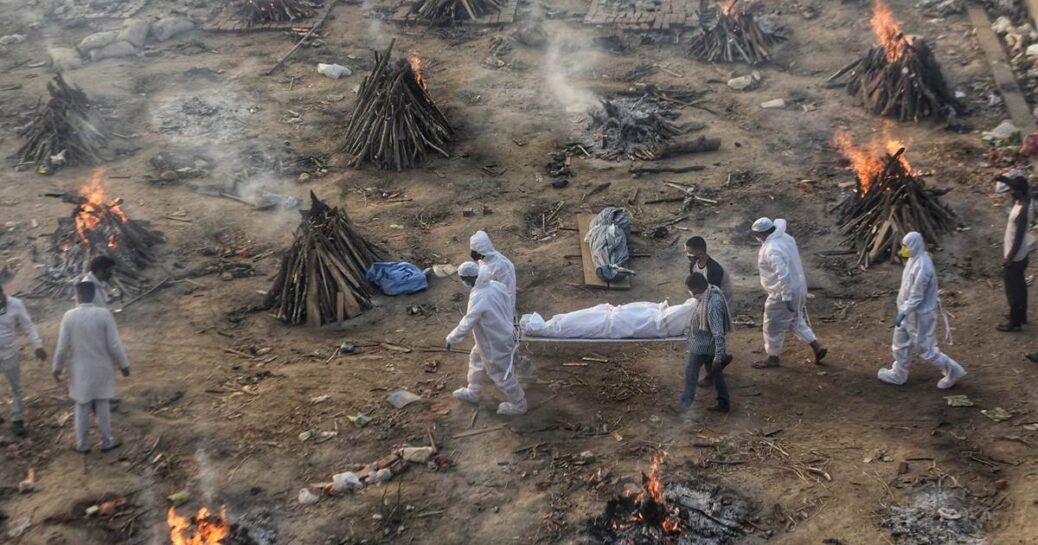

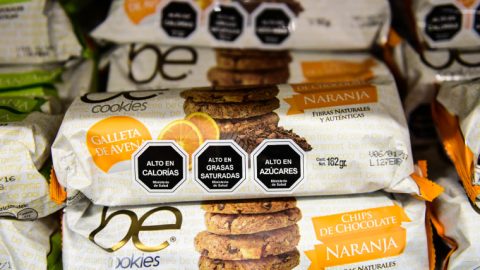
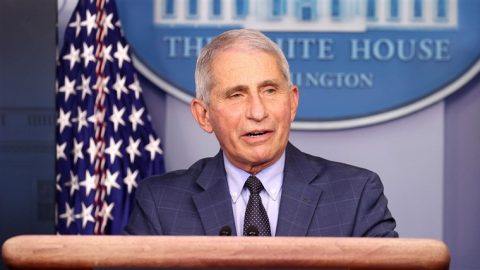
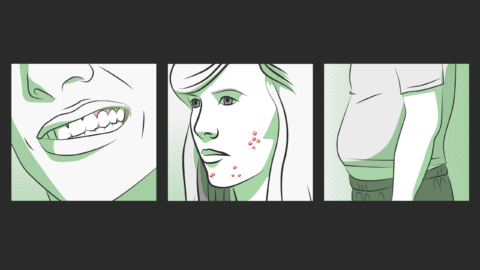

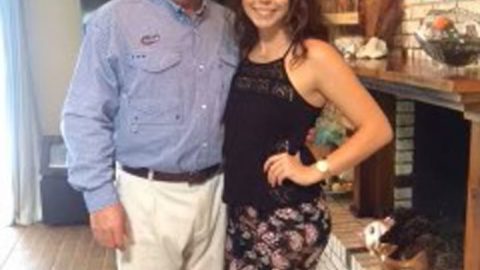


Recent Comments